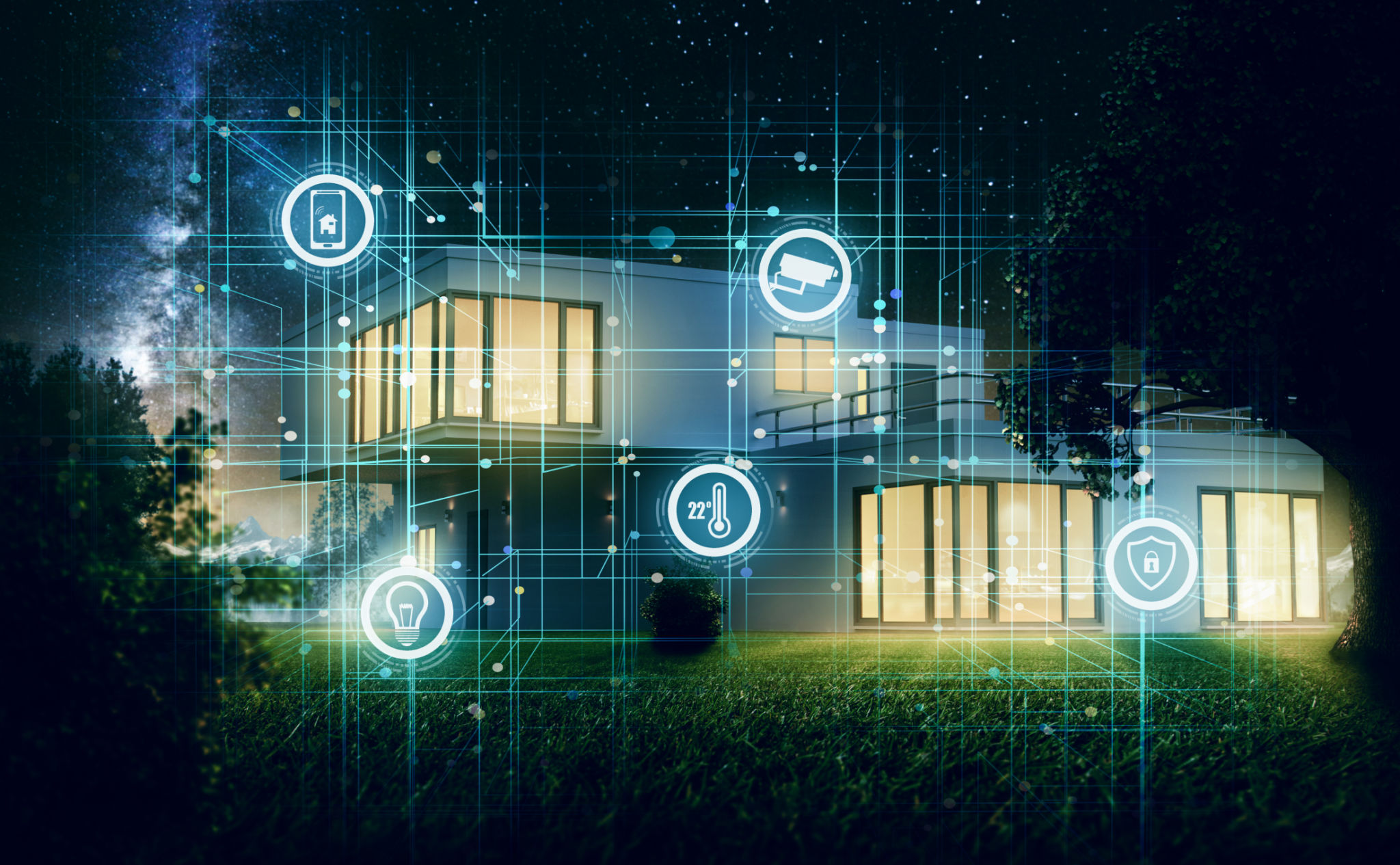The Future of Alarm Systems: Innovations in Home Security Technology
CP
The Evolution of Home Security Systems
In recent years, home security systems have undergone a remarkable transformation. From basic alarms to sophisticated smart home integrations, the advancements in this field are reshaping how we protect our homes and loved ones. The future of alarm systems is not just about preventing burglaries but creating a comprehensive safety net that integrates seamlessly with our digital lives.

Smart Technology Integration
One of the most significant innovations in home security is the integration of smart technology. Modern alarm systems now connect with other smart devices, allowing homeowners to monitor and control their security through smartphones or tablets. This connectivity offers real-time alerts, enabling users to respond promptly to any potential threats.
Moreover, these systems can be integrated with voice-activated assistants like Amazon Alexa or Google Assistant, making it easier to arm or disarm alarms with simple voice commands. This level of integration not only enhances convenience but also ensures that security is just a word away.
AI and Machine Learning Enhancements
Artificial intelligence (AI) and machine learning are playing crucial roles in the evolution of alarm systems. These technologies allow systems to learn from patterns and adapt to unique household behaviors, reducing false alarms and enhancing detection accuracy. For instance, AI-powered cameras can differentiate between a human and a stray animal, ensuring that only genuine threats trigger alerts.

In addition, machine learning algorithms can predict potential security breaches by analyzing data from multiple sources. This predictive capability means homeowners can be alerted to potential vulnerabilities before they are exploited.
Biometric Security Features
Biometric technology is another groundbreaking advancement in home security. Systems now incorporate features like facial recognition and fingerprint scanning to provide an additional layer of protection. This technology ensures that only authorized individuals can access the property, minimizing the risk of unauthorized entry.
Biometric systems are not only secure but also highly convenient. Homeowners no longer need to worry about losing keys or forgetting alarm codes. Instead, their unique biological traits become the key to their home.

The Role of IoT in Home Security
The Internet of Things (IoT) is revolutionizing home security by connecting various devices and systems within a home network. IoT enables different components like cameras, sensors, and alarms to communicate with each other, creating a cohesive security ecosystem. This interconnectedness ensures comprehensive coverage and quick response times in case of emergencies.
Additionally, IoT-enabled systems can integrate with smart home appliances, providing insights into household energy usage and helping detect anomalies that could indicate potential issues such as fires or gas leaks.
The Future is Here
The future of alarm systems lies in creating a truly integrated, intelligent security network that offers peace of mind in an increasingly complex world. As technology continues to evolve, we can expect even more sophisticated innovations that will redefine what it means to secure our homes.
For homeowners looking to stay ahead of the curve, investing in these advanced security technologies is not just a luxury but a necessity. With a focus on connectivity, intelligence, and user-friendliness, the future of home security promises to be both exciting and reassuring.
